Table of Contents
Key Takeaways
- Understanding the life cycle of mosquitoes can significantly aid in controlling their population.
- Practical prevention methods can effectively minimize mosquito breeding grounds.
- The role of natural predators and environmentally friendly control solutions is crucial.
- Community involvement and awareness amplify the effectiveness of mosquito eradication efforts.
Introduction: Why Mosquito Control Matters
Mosquitoes, those tiny buzzing nuisances, are more than just an annoyance. They pose serious health threats due to their capability to spread diseases like malaria, dengue, Zika virus, and West Nile virus, among others. The implications extend beyond individual health, increasing global economic and societal burdens. The expenses related to healthcare decreased productivity, and the management of outbreaks highlight the critical need for effective mosquito control in Metro West and beyond. Managing these pests effectively ensures safer communities, reduced health hazards, and an improved standard of living, making this a priority in public health initiatives.
Understanding Mosquito Habits and Life Cycle
Grasping the intricate life cycle of mosquitoes offers valuable insights into effective control strategies. Mosquitoes undergo four life stages: egg, larva, pupa, and adult. For development, each stage depends heavily on water, particularly stagnant water. Therefore, identifying and eliminating potential breeding sites through mosquito control near me becomes crucial. Insights into their behavior, such as feeding habits and breeding preferences, allow for strategic interventions that disrupt their reproductive cycle and significantly reduce their populations.
Effective Prevention Techniques
One of the most practical and impactful approaches to mosquito control begins with prevention. Simple actions such as eliminating stagnant water sources around homes and communities—where mosquitoes commonly breed—can make a considerable difference. In addition to removing water, using chemical or plant-based repellents and wearing protective clothing serve as effective deterrents. Community clean-up drives are also vital, as they reduce breeding grounds while fostering collective action and responsibility. These preventive measures, though straightforward, are fundamental in mitigating mosquito populations before they become a significant issue.
Natural and Environmentally Friendly Control Methods
Presenting natural enemies of mosquitoes, including bats, dragonflies, and certain types of birds, offers an environmentally friendly way to control mosquito populations without chemical intervention. These predators consume vast quantities of mosquitoes and larvae, thus maintaining a natural balance within ecosystems. Additionally, mosquito larvae-eating fish, such as gambusia, can be introduced into ponds and drainage systems. Organic repellents like citronella, neem, and eucalyptus oils have proven effective for those seeking plant-based solutions. They repel mosquitoes without harming the environment or beneficial insect populations, offering a sustainable choice for conscientious individuals.
Technological Advances in Mosquito Control
Modern technology provides a plethora of innovative solutions to traditional mosquito control methods. Advanced traps and electronic deterrents, which attract and capture mosquitoes, have proven effective in curbing populations. On a larger scale, biological control strategies like the Sterile Insect Technique—which involves releasing sterilized male mosquitoes to mate with females and reduce reproduction—are gaining recognition and use. Furthermore, genetically modified mosquitoes, engineered to suppress populations naturally, represent a groundbreaking advancement. These technologies highlight a future where mosquito-borne disease threats are significantly minimized.
Community Involvement and Education
Informed and active communities significantly bolster the fight against mosquitoes. Awareness campaigns and education initiatives are crucial as they empower individuals to participate in control efforts proactively. Schools, local governments, and non-governmental organizations can facilitate these campaigns, promoting actions individuals can take to reduce mosquito habitats at home and in public settings. The WHO emphasizes the importance of community-driven approaches in addressing mosquito-borne threats, encouraging broader participation and collaboration for more effective control efforts.
Global Efforts and Success Stories
Across the globe, regions have adopted effective mosquito control programs with measurable success. Regions in Africa, Asia, and South America have significantly implemented comprehensive strategies to reduce malaria and other mosquito-borne diseases. These strategies integrate technological, natural, and community-based approaches, establishing standards for other areas encountering comparable issues. Through international collaboration and resource sharing, these programs serve as exemplary models demonstrating the potential success that results from coordinated efforts and sustained investment in mosquito control.
Practical Tips for Everyday Mosquito Control
Incorporating simple habits into daily routines can make a noticeable difference in keeping mosquito populations at bay. Ensuring that window and door screens are well maintained, removing standing water from gutters, pots, and bird baths, and using nets or curtains over beds are practical steps everyone can take. Additionally, creating DIY natural repellents with simple ingredients like essential oils and vinegar can provide personal protection effectively. These habits, while easy to implement, significantly reduce mosquitoes’ presence in and around living spaces.
Conclusion: The Path Forward in Mosquito Control
The quest for effective mosquito control is ongoing and requires a multifaceted, integrated approach. Understanding mosquito life cycles, deploying innovative technological solutions, and fostering community involvement are all critical aspects of this endeavor. Continued research, education, and collaboration remain vital in achieving a world where mosquitoes’ impact is notably diminished. Through regionally and globally concerted efforts, we can navigate toward a future where mosquito-borne diseases are no longer a significant threat.




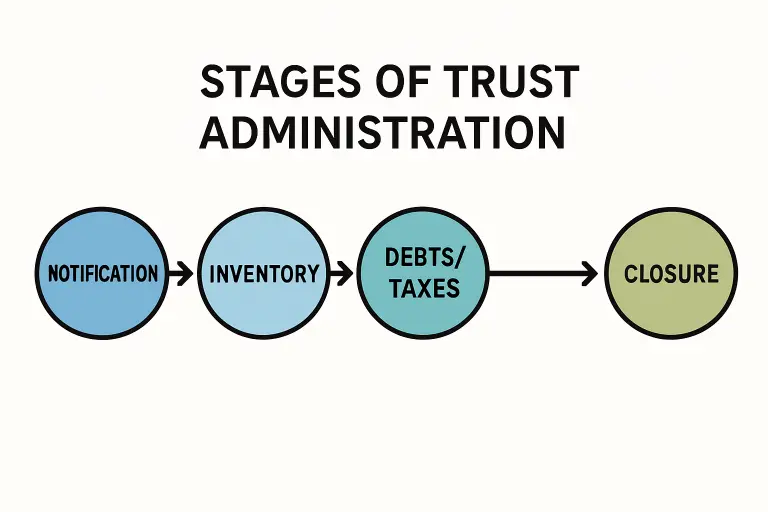





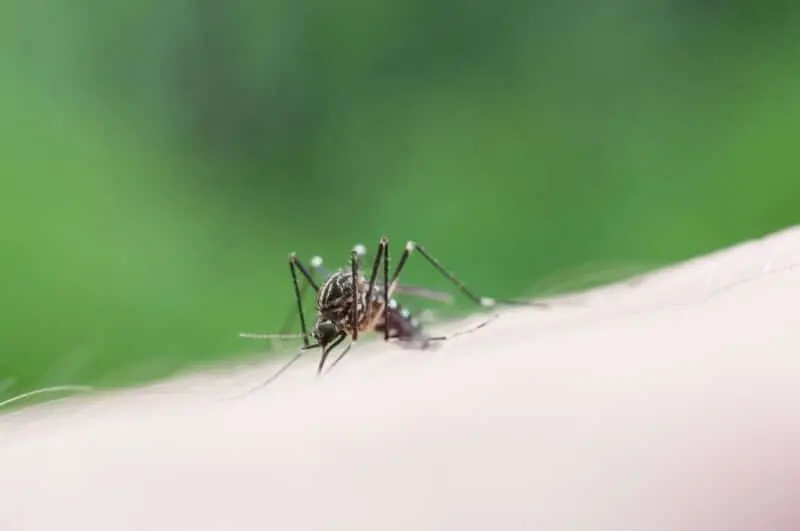








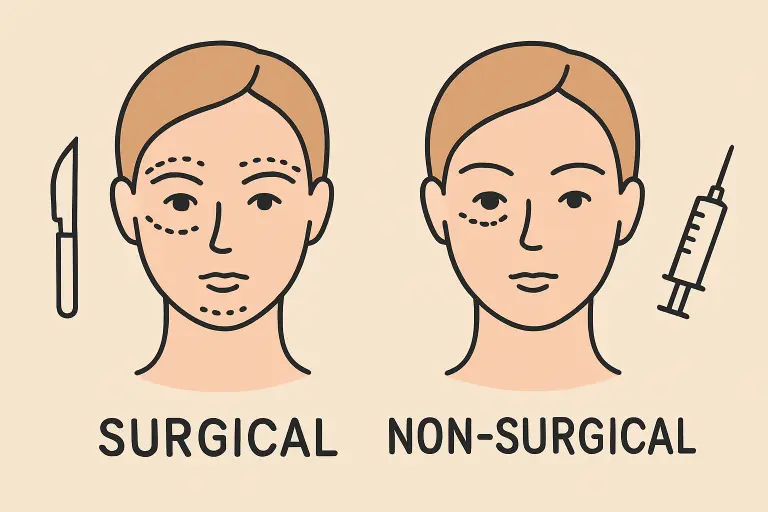
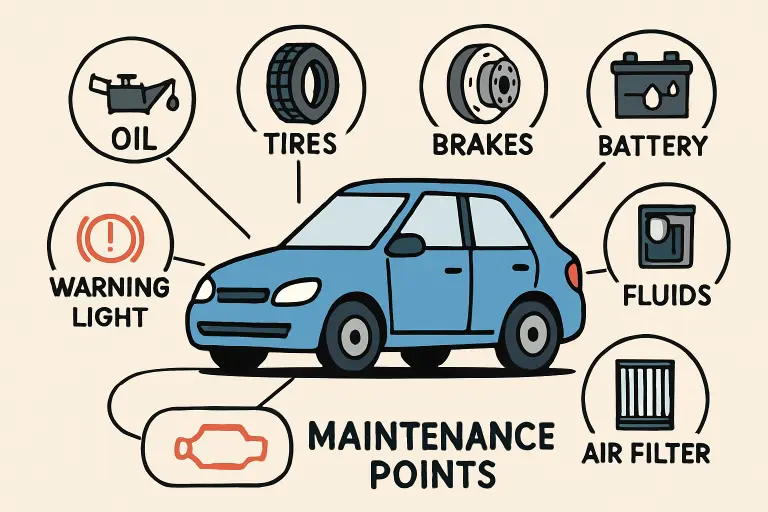





















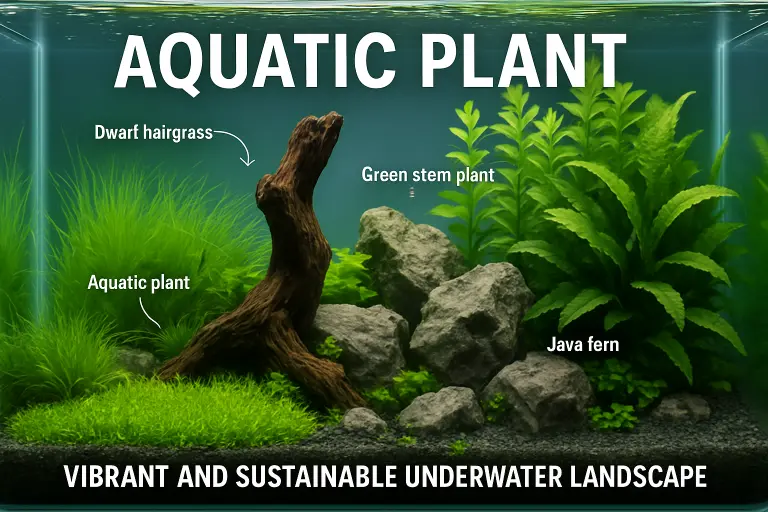




















































































































































































































































































































































































































































































































































































































































































































































































































































































































































































































































































































































































































0